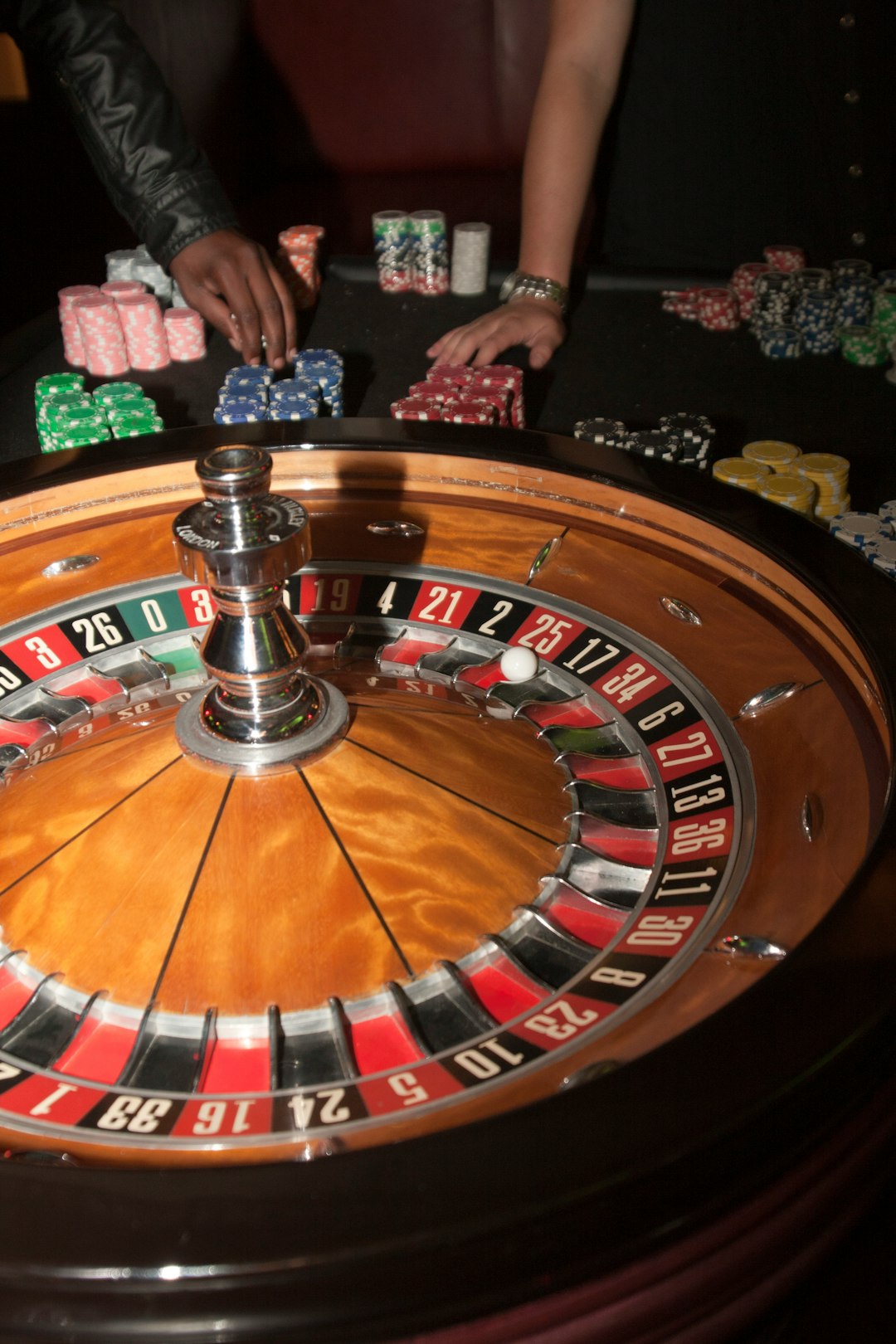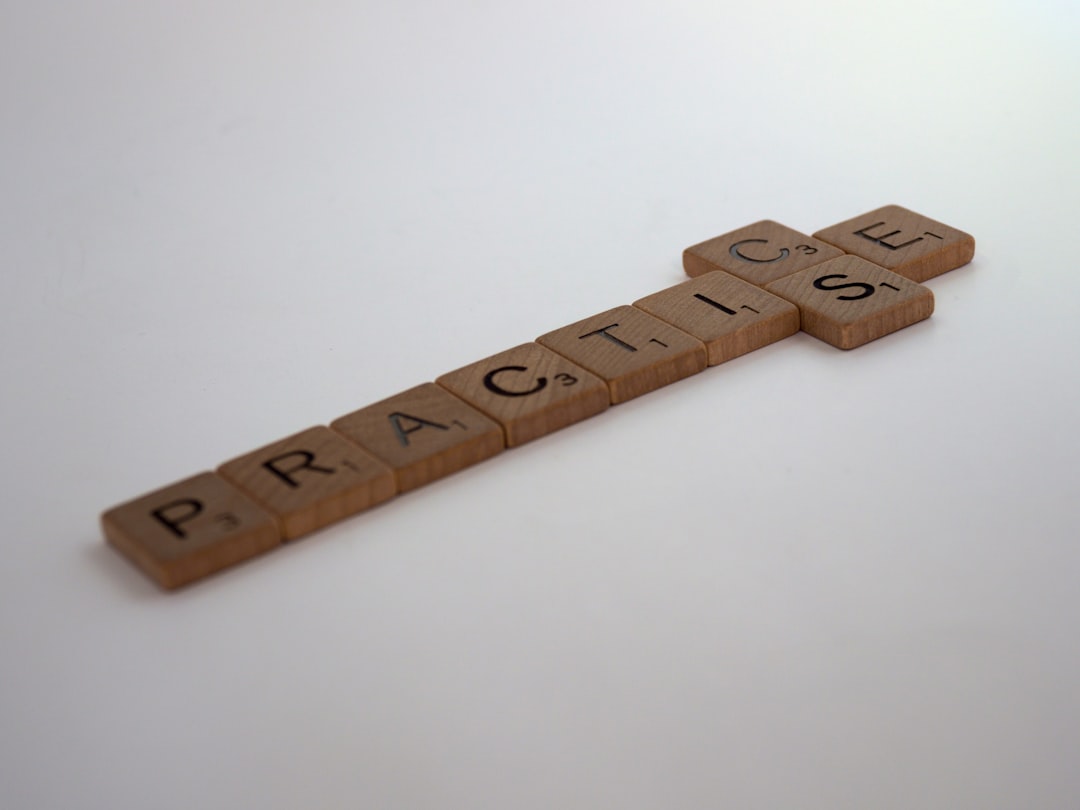How to predict the future?
The art and skill of forecasting
I. ⏳
Predicting the future isn't easy. But what if there was a way to optimize our prediction abilities? If you could, with a fair amount of certainty, guess what will happen 3 years from now, your life would improve dramatically. Increase the time horizon, and the nature of your predicitons dictate the kind of things you plan for, what career you chose, what you choose to build and even what you choose to focus on today.
And let's not leave out investing.
This is doubly the case now, in the age of financial and crypto markets, where betting early on something now can have life changing repurcussions. If anything, if there was a way to truly get better at knowing what our future looks like, I think we can all agree that we would be better off. Even this newsletter, which is devoted to exploring what's at the bleeding edge of technology, largely dealing with what will be viable in the future, predicting the future accurately should be an important standard of both the author and the readers.
But is there a way to do that?
I recently read Superforecasting, and it turns out there is! Usually, this would be a book review, but this one is different. It's here to give you actionable insights on what you can leverage and open the conversation on the different tools that exist today to give you an edge.
The book has some of the answers, but let's first understand why it's important.
II. 🚴♀️
Have you heard of prediction tournaments? They're exactly what it sounds like. People get together, or come online and try to predict outcomes of events in the future. Those with the highest accuracy, win. But no one can predict the future, right? People who claim to do so, are usually thought of as either liars masquerading as false prophets or gamblers on their last dime, who just know that the number of the roulette wheel is going to be 14.

Let us suspend these beliefs and try to understand why prediction markets matter.
It all starts with a prediction tournament called the Good Judgment Project (GJP). This was launched by Philip Tetlock, also the author of the wonderful book I quoted above, and Barbara Mellers. Also, guess who funded this prediction tournament?
The US government.
Why was the US government using tax payer money to fund prediction tournaments, something that is closely thought of as nothing but would only interest lucky gessers, or worse, gamblers?
Because out of 25,000 participants, the "superforecasters" in this tournament were split into elite teams and these teams of GJP superforecasters beat out government analysts with access to classified data, by about 30%.
These superforecasters have remained accurate in the events and tournaments since then, and now we’ve started to realize that forecasting future events is less about luck, but more about skill. These elite squads are skilled in ways that even government analysts who had more information with them, weren't, and that is an important takeaway.
But I know what you’re thinking. These people aren’t gifted or psychics. They’re like you and me, and because they’re normal human beings like us, the million dollar question is-
Can we learn to be superforecasters?
Yes, we can.
I've always believed that with enough time, any human can learn to do anything if they're disciplined and motivated enough. So, yes, we can learn to be superforecasters. Like any hypergeneralist, I believe that only 20% of any field can get you 80% of the advantages in that domain. While you won’t be making earth-shattering predictions after reading this essay, you will be better at your predictions if you read this and practice some of the most important techniques.
These are some of the specific skills we can leverage to get at superforecasting now-
III. 💪
1. Be a fox.
Are you a hedgehog or a fox?
Hedgehogs are specialists, knowing the intricacies of their particular sphere intimately (while being unaware of much beyond it), and foxes are generalists, having a broad but perhaps more superficial understanding of many different worlds.
Most industries are full of hedgehogs, ranging from financial experts to mathematicians. Founders are generally generalists, having a wide scope of knowledge beyond their own domain. To be a good forecaster, it's important to be a fox and broaden your scope. This way, you can leverage different sources of information with contextual accuracy while making a prediciton of a future event. Not knowing about which different sources of information to leverage in the first place, let alone trying to do that, is what limits the hedgehog.

2. Focus on the right questions.
It's not possible to know some things. For example, which country would win the most gold medals in the 2100 Olympics?
On such a large time horizon, it's impossible to predict the changes that will occur in most countries by the time we reach that year. The next Olymplics can be predicted, of course, if you take into account the prior athletic achievements of the participants, the changes in the regime regarding Olympic training since then, the economic or medical leverage each of the nations have, and many other relevant factors could provide an accurate estimate.
Thus, the right questions are important in trying to make a prediction. Don't waste your time in trying to predict things that can't be predicted with the data that you have.
3. Break the question down.
Just like we did with the Olympics question above, we need to break down what we are trying to predict into granular details.
If we have this question-
How many cases will the monkeypox virus have by the end of June 31st?
We need to break it down into the following questions:
What is the monkeypox virus? Are we absolutely sure this is the same virus based on currently available data? If not, what's the closest alternative viruses it resembles?
How does it originate? Did it originate in the same way this time, or is it something different?
How does it spread from one person to the other? Is it spreading the same way?
During the last outbreak, how many people did it infect? How much time did that take? Can we extrapolate that day and come to something on this one? Does any of the factors above skew this data?
Which coutnries have reported the recent outbreaks? What did the current victims say they got it from? Is there a history of travel of these victims, or a history of travel to any common place reported by this victim, or anyone else they came in contact with?
How have past outbreaks fared compared to this new one in similar areas? How are health officials and authorities reacting to this? Have their past reactions been accurate?
The list of granular questions can go on, but each of this should allow you update your initial estimates till you come to an accurate estimate. That doesn't guarantee that you'll make the right prediction, but at least it'll be closer than what anyone else is making without thinking it through.
Now, by the time you're reading this, you're either in two groups. You either hate the above methodology and think it's too much work, or you're very excited in tackling this and exercising your logical and reasoning skill, and almost about to put on your Sherlock Holmes' hat.
It is okay if you’re not in the latter squad. Not everyone has to do this or be excited about this, but there are many people who are and we can leverage that in a different way that I'll discuss below.
Overall, this is a rational first-principles approach to making predictions, and yes, it takes a lot of deliberate effort. You need to be able to think clearly, research well, break the problems apart into granular details, and come to a percentage that you think is right at the end of it.
4. Update your beliefs.
Every new piece of information should cause you to update your beliefs, and you should never shy away from it. We sometimes tend to hold on to our beliefs because updating them can often feel uncomfortable, but that's exactly what we should do to arrive at the truth. This is a core tenet of rationality, bayesian updating, and extends to superforecasters as well.
There are numerous factors that can and should change your initial beliefs. These can be discovered during the process of research, or even later, as long as there is time to do it.
Updating of beliefs is a fundamental skill for life. Society has been unusually hostile to this, and you can see this in effect where anyone who updates their beliefs and opinions are usually hated by the prior community that supported them based on that belief. These people, who should rather be celebrated for trying to calibrate their beliefs towards the truth, are rather labelled as "Two-faced" or "Disloyal" or several other nonsense maxims.
None of that matters. What is true, will always be true, and as rationalists we should be moving closer to the truth, even at the expense of our comfort and tribes. That is how we make accurate predictions and have an accurate model for life.
5. Try to remove uncertainty.
From the book-
"As in poker, you have an advantage if you are better than your competitors at separating 60/ 40 bets from 40/ 60— or 55/ 45 from 45/ 55. Translating vague-verbiage hunches into numeric probabilities feels unnatural at first but it can be done. It just requires patience and practice."
This means that at any point of time, what's uncertain in the problem, if it doesn't a counterpart to it that's certain, should be eliminated. Uncertainties can pile up at the end of your judgement, making your forecast less reliable. The more of it that you weed out, the better.
6. Try to balance decisiveness.
No one wants a CEO who is not sure of his predictions. The same applies for any leader. If there is a prediction to be made, everyone wants a concrete, decisive answer rather than a useful forecast of 75% certainty.
This shouldn't deter you from trying to withhold judgement and arrive to the truth. Research, critical thinking, synthesis of all arguments, all of these require time, hard work and patience. Even if we cannot broadcast that publicly to our team or community, let us not fool ourselves too with delusional grandeur.
Doing the work and having an accurate model to rely on, constantly updating that model based on evidence, and even not broadcasting that publicly is far better than appearing decisive to a crowd and betting it all on a hunch.
7. Use feedback.
If you're just starting out here, try to keep score and use that feedback. It can be tempting to rationalize your predicting failures to bad luck, but keeping score will let you know whether you're getting better at it.

8. Practice.
All of this theory is useless if you don't put it to practice. I know that it's not possible for everyone reading this to become forecasters or superforecasters, just by virtue of their existing workload. That is okay. But you will be using these techniques one way or another. Life will require you to predict all sorts of things like whether your company will do well in the long term, what success your side project realisitically has, whether the book your favorite author is writing will be any good, whether your wife will take up that new job or recede to her painting hobby, and so on.
You will make predictions, good or bad, but using the techniques mentioned above, you will make your predictions better. Practice them, keep track of them, try to get better.
Now, for all the things that are not related to your every day life, there may be limited upside for you to predict them. But those are still things you're interested about, but not enough to do actual research to come to an accurate forecast. These may be questions like:
Will Putin remain President of Russia by the year 2028?
Which year will we get AGI (Artificial General Intelligence)?
Will the US overturn Roe v Wade?
These might be things you're not deeply interested about, but still curious about what the results might be. For those of us that don't have time, we have an easy solution to leverage here.
Enter Prediction Markets.
IV. 🏪
Online prediction markets could've been something quite spectacular. But US regulations have stifled that innovation and receded most prediction markets to function with point-based metrics instead of allowing participants to invest their money behind these predictions. This is despite the fact that researchers have pointed out how valuable these markets could be as a forecasting tool. Apparently, governments have a hard time distinguishing prediction markets from “online gambling”, despite themselves having dedicated internal departments for the cause themselves.

That hasn't stopped unregulated decentralized Web3 versions of prediction markets, but those are still not as popular as people would like them to be.
However, if you've never heard of prediction markets before, or haven't checked one out in the last 3 months, it's because you aren't the kind of person interested in making predictions on broad-ranging topics. That is a good thing, because those who are there already, usually fall into the "forecaster" category.
You can check out who these superforecasters are, and check what predictions they have made or updated recently. Most of these prediction markets have a leaderboard, or ranking chart, and you should be able to visit the top profiles to check them out.
Prediction markets also leverage something called the "wisdom of the crowds" effect, better known as the “efficient market hypothesis”, where groups of people are usually better at making a prediction than individual people. This is doubly true for online prediction markets now, before they hit the mainstream masses, as these are now filled with participants who want to do such a thing and critically think before making a forecast.
Both of these are things we can leverage, and figure out accurate forecasts of future events right now. Here are some of the prediction markets I follow-
I would’ve preferred writing more names here, but unfortunately, this is an industry that is constantly being mistaken for online gambling and being shown the door by every regulator.
V. 💿
Overall, predictions are hard. I hope this essay made you realize that you and anyone else can get better at it. This is a skill that can be improved with practice, and is fundamentally a skill with a large upside if you use it wisely.
At Bright Mirror, while we speculate and try to leverage breakthroughs in technology, we must be mindful of the additional variables we're taking for granted. We're assuming that the world will not be wiped out in a nuclear war, we're assuming AI won't be hostile when it achieves superintelligence, we're assuming technology will progress in a scientific manner without politics or dogma overly affecting it's course, we're assuming free markets will be allowed to remain free, and a whole host of other things. While doomsday paddlers usually focus on the negative as it makes for interesting headlines, we try to take a rational approach that is rooted in optimism instead.
It's not likely that Bright Mirror will always be right, but I try to provide value here regardless of the predictions and possibilities being explored. They say that science fiction seldom represents a world of tomorrow, but rather a juxtaposition of the world of today.
Bright Mirror is the same way, where what's coming tomorrow might have something that we can leverage today. Take longevity for example. All of the research surrounding life-extension, especially those which are ongoing, will only become mainstream news in 100 years when the current humans undergoing these trials actually show tangible life extension.
If we wait 100 years for the results of these research to come out, for all the peer-reviewed studies to prove useful, we’ll probably we worse off (or dead?) than if we applied those day.
Thus, looking at the future and trying to accurately predict it is an art, a skill, and it is something that can be improved with deliberate practice. Used effectively, this can improve almost every aspect of your life.
Malcom X once said,
"The future belongs to those who prepare for it today."
The only way to prepare for it, is to have an idea of what it’ll look like. Using the techniques outlined in this essay, I hope you figure out what yours look like and use that forecast well.
Good luck!



